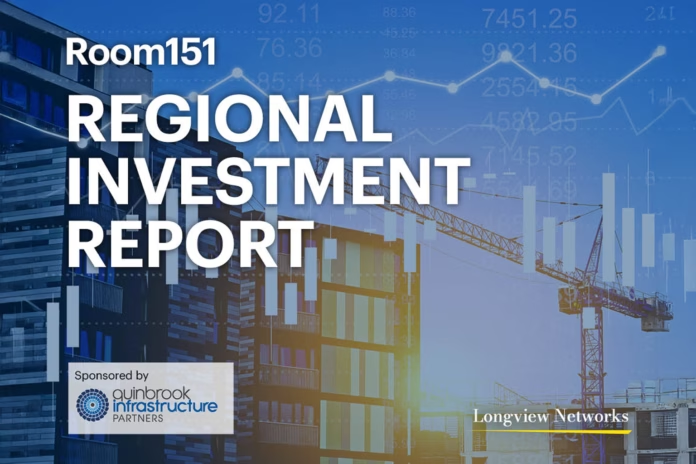
Analysis showing active fund managers are keeping three quarters of the value they create for pension schemes should provoke questions from Local Government Pension Scheme pension committees and pools, according to a sector expert.
A survey carried out by research firm CEM Benchmarking for the Financial Times showed that, on average, active managers are beating market returns by 60 basis points.
However, pension funds are only receiving 16bps of that difference, with fund managers retaining the remainder of the value added.
Quoted in the FT, Stuart Dunbar, director responsible for relationships with financial institutions at active investment specialist Baillie Gifford, said: “…there is a big question as to whether — for all the research, governance and monitoring involved in hiring active managers — it is worth it.”
He added that active fund managers should only be taking between a quarter and a third — rather than three quarters of the value they create.
Karen Shackleton, senior adviser at asset manager MJ Hudson Allenbridge, told Room151: “As far as the LGPS is concerned, transparency has been a priority for some time, and CEM’s headline analysis should be used by pensions committees to open a discussion with their managers about fees and costs, if that isn’t already happening.
“Managers should be willing to be held to account over their costs, and to be able to justify the net value that is being created.”
However, she added that the average figures could hide a more complicated picture with variations in performance and fees.
“Based on my own experience, there are likely to be some managers who are doing a very good job for their clients, net of fees. And of course, some for whom a conversation between manager and fund is probably overdue.”
She added that the process of LGPS pooling should mean that member funds should be getting more net value than ever before.
This, she said, would partly come from internally managed assets running at cost, negotiated discounts in management charges from externally managed funds and greater scrutiny of costs.
Shackleton said: “The pools should be monitoring exactly how much value is being paid back to managers, in terms of fees and costs, and ensuring that there is a high level of transparency in their relationships with managers.”
Speaking to Room151 in November, Jason Fletcher, chief investment officer at the LGPS Central pool, said that LGPS funds were paying too much in fees.
Asked what would be a more sensible level of fees for LGPS funds to be paying its fund managers, he said: “…until we have full cost transparency, we don’t know.
“Clearly we have to manage these costs down but in order to do that we need to know exactly what the costs are before we can take a clear view on what a good deal would be.
“That said, we should be looking at taking big chunks out of that amount; it’s too much and if you compare it with private sector firms who are running institutional money, then it could and should be much lower.”
So far, 33 investment managers have signed up to a voluntary code of transparency for cost reporting being introduced by the LGPS Advisory Board, including pools Brunel Pension Partnership and LPP Investments.











